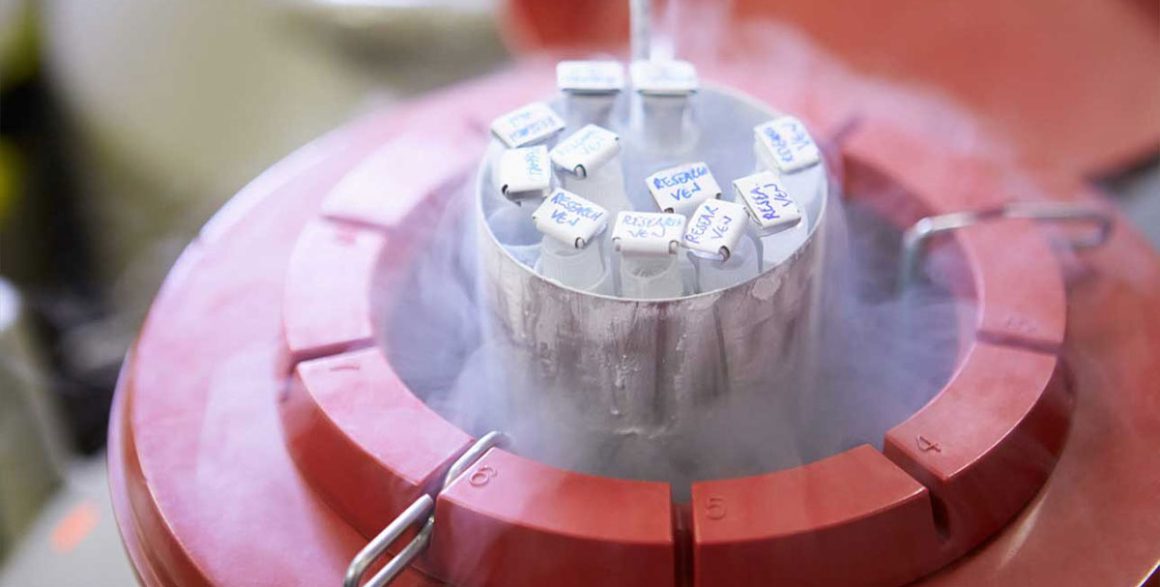At Alcove Fertility Center, we understand that male fertility can be affected by a variety of factors, including age, medical treatment, and lifestyle. That’s why we offer a range of male fertility preservation options to help men maintain their fertility and have children at a later time.
Our male fertility preservation options include freezing sperm and fertility-sparing surgery. The process of freezing sperm involves providing a semen sample, which is then frozen and stored. Fertility-sparing surgery involves the removal and preservation of reproductive tissue in cases where cancer treatment or other medical procedures may damage the fertility-related organs.
Our team of fertility specialists will work with you to understand your fertility goals and help you determine the best male fertility preservation option for your needs. We are committed to providing the highest level of care and support throughout the process.
Before you begin chemotherapy or radiotherapy treatment, some of your semen, containing sperm, can be frozen and kept until you wish to start a family.
Men who have to travel overseas or work in dangerous situations may also want to have their sperm frozen for use in the future.
We collect samples in a private room in the Andrology unit, so our scientists can prepare and freeze the sperm as soon as possible before they die. It is also possible for you to collect the semen in your own home during sex, using a special non-toxic condom, which can be purchased from our Andrology units in advance.
If you are unable to collect semen or if there are no sperm in the semen, due to illness, we may be able to collect sperm directly from your testicles using a needle. This is called a testicular biopsy, and is performed in a day surgery under general anaesthetic. We can then use this sperm later in ICSI treatment.
Once the sperm is collected, it is mixed with a protective solution and the temperature is gradually reduced. About 25%-50% of the sperm will survive the process of freezing, and they can be stored for many years. There is an initial freezing fee and yearly fee (billed every six months) for sperm storage, which is not covered by Medicare or private health insurance.


